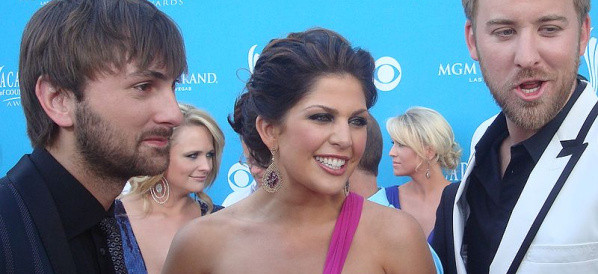 1 Terms
1 TermsHome > Terms > English, UK (UE) > Copyright
Copyright
The exclusive ownership of a literary, musical, or artistic work, and the protected right to make use of such a tangible work for a specified period of time; including the right to: (1) reproduce the copyrighted work; (2) prepare derivative works; (3) distribute copies of the work by sale or otherwise; (4) with respect to certain artistic works, perform the work publicly; and (5) display the work publicly. An author is the party who actually creates the work, that is, the person who translates the motive or idea into some fixed or tangible expression that's entitled to copyright protection. Such work is owned by the artist from the moment of creation until these rights are assigned or transferred; except for work for hire, which is owned by the employer or commissioner. Author ownership is contingent upon copyrightable subject matter, which is able to be independently assigned. Authors of joint work hold undivided interests in it, despite any differences in each co-author's contribution, if their intent at the time of creation was joint. To create joint work, each author must intend that respective contributions be merged into inseparable or interdependent parts of a unitary whole; so collaboration alone is insufficient to create joint works. Each author is co-owner of joint work and has the right to use or licence use of the work, subject to accounting to other co-owners for any profits. Anyone who assists in the creation of a work, whether as patron, employer, or contributor of suggestions and refinements, has the opportunity to share in the profits produced by the work through appropriate contractual arrangements. Declaration must include: copyright symbol or abbreviation, first year of publication, and name of copyright holder. Denotation includes the word "copyright", the abbreviation "copr", or the "C" in a circle symbol. Copyright protection generally extends beyond literary work's strictly textual form to its nonliteral components; but any substantial similarity should be determined by filtering out unprotected aspects of allegedly infringed end-products. Defendant's copying of copyrighted work may be established for copyright infringement claim either by direct evidence, or by showing that defendant had access to copyrighted work, and that defendant's work is substantially similar to copyrightable material. The merger doctrine's underlying principle is that when the essential expression of an idea is greatly limited or severely restricted, then the idea and its expression are inseparable, and copyright is no bar to reproducing that expression. In order not to confer a monopoly of the idea upon the copyright owner, that when specific information, even though previously included in copyrighted material, is the only and essential means of expressing a given idea or accomplishing a given task, its later use by another will not amount to infringement, so such expression should not be protected. Generally, information or concepts are not subject to legal protection, except where information is gathered and arranged at some cost and sold as a commodity on the market, it then acquires the same protection of other intellectual property. Ideas and styles (eg: catch-phrase, title, voice, celebrity, etc) are not protected by copyright. In no case does copyright protection for an original work of authorship extend to any idea, procedure, or discovery, regardless of the form in which it is described, explained, illustrated, or embodied in such work. The primary objective of copyright is not to reward the labour of authors, since substantial effort alone cannot confer copyright status on an otherwise uncopyrightable work. Federal copyright preemption does not apply to state law claims for unfair competition based on breach of confidential relationship, breach of fiduciary duty, and violation of trade secrets. See subsidiary rights, volume rights, fair use, public domain, specialised format, disclaimer, digital watermark, plagiarism, non-disclosure agreement, work for hire.
- Part of Speech: noun
- Synonym(s):
- Blossary:
- Industry/Domain: Printing & publishing
- Category: Publishing
- Company:
- Product:
- Acronym-Abbreviation:
Other Languages:
Member comments
Terms in the News
Featured Terms
Lady Antebellum
Lady Antebellum is an American country band that is composed of three individuals: Charles Kelly, Dave Haywood, and Hilary Scott. Both Kelly and Scott ...
Contributor
Featured blossaries
Zhangjie
0
Terms
7
Blossaries
5
Followers
Halls and Gates of the Forbiden City
 1 Terms
1 TermsBrowers Terms By Category
- Cardboard boxes(1)
- Wrapping paper(1)
Paper packaging(2) Terms
- Industrial automation(1051)
Automation(1051) Terms
- Osteopathy(423)
- Acupuncture(18)
- Alternative psychotherapy(17)
- Ayurveda(9)
- Homeopathy(7)
- Naturopathy(3)
Alternative therapy(489) Terms
- Inorganic pigments(45)
- Inorganic salts(2)
- Phosphates(1)
- Oxides(1)
- Inorganic acids(1)
Inorganic chemicals(50) Terms
- Meteorology(9063)
- General weather(899)
- Atmospheric chemistry(558)
- Wind(46)
- Clouds(40)
- Storms(37)



